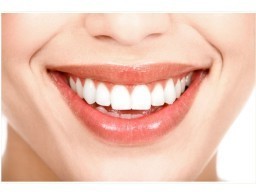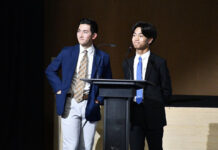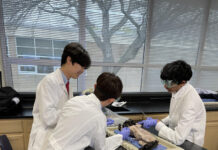Jesuit’s Medical Society hosts a guest speaker from a different medical field each month to help teach students about the expansive careers in medicine that they may wish to pursue. This past Tuesday, Dr. Hsuch-Ming Lee gave a presentation to the Medical Society on his profession in periodontistry and how he found his call to be a dentist.
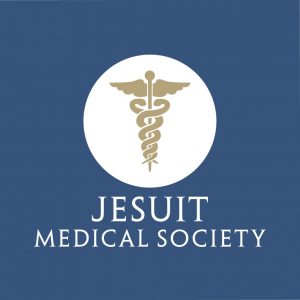 A father of two Jesuit students, Ethan ’18 and alumnus Jordan ’14, Dr. Lee first discussed his path to becoming a periodontist, saying, “I originally set out to be a doctor, but you have to realize a physician’s extreme work hours. Knowing I wanted to be able to spend time with my family, I instead opted to specialize in dentistry. Dentistry allows you to still be in medicine, but with a more traditional 9-5 work day.” Graduating from both Baylor’s undergrad and dentistry school, Dr. Lee decided to do residency and become a periodontist because “you still get to go into the operating room and do surgery.”
A father of two Jesuit students, Ethan ’18 and alumnus Jordan ’14, Dr. Lee first discussed his path to becoming a periodontist, saying, “I originally set out to be a doctor, but you have to realize a physician’s extreme work hours. Knowing I wanted to be able to spend time with my family, I instead opted to specialize in dentistry. Dentistry allows you to still be in medicine, but with a more traditional 9-5 work day.” Graduating from both Baylor’s undergrad and dentistry school, Dr. Lee decided to do residency and become a periodontist because “you still get to go into the operating room and do surgery.”
A periodontist is someone who specializes in the placement of dental implants and overall treatment of oral inflammation and periodontal diseases, or diseases involving the foundational structures surrounding the teeth.
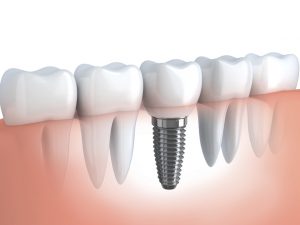 Dr. Lee used images to depict the different cases he deals with in his job, showing the Medical Society pictures of the implantation process and various diseases. “I was really surprised to actually find out what a periodontist does. I previously didn’t know anything about that particular field,” said senior Jack Kelley. “Dr. Lee was very insightful in not only talking to us about what he does, but also in showing us various x-rays and procedures which I thought were very interesting. This insight into a specialty of dentistry was something that I truly found captivating and it has opened up another potential field that I would consider joining in the near future.”
Dr. Lee used images to depict the different cases he deals with in his job, showing the Medical Society pictures of the implantation process and various diseases. “I was really surprised to actually find out what a periodontist does. I previously didn’t know anything about that particular field,” said senior Jack Kelley. “Dr. Lee was very insightful in not only talking to us about what he does, but also in showing us various x-rays and procedures which I thought were very interesting. This insight into a specialty of dentistry was something that I truly found captivating and it has opened up another potential field that I would consider joining in the near future.”
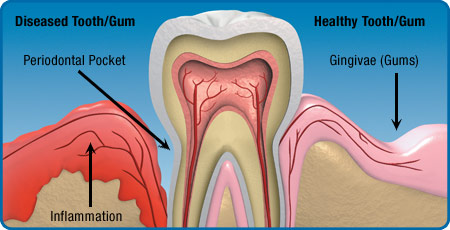 When showing periodontal diseases, Dr. Lee pointed out how easily one can get them. “Eighty percent of the population don’t have proper dental hygiene,” he said. Continuing with the possible health risks, Lee also pointed out how “research has shown that these diseases have a direct relationship to many other health issues, such as heart diseases and diabetes.” By simply forgetting to brush one day, one can allow plaque on their teeth to possibly calcify and cause serious problems.
When showing periodontal diseases, Dr. Lee pointed out how easily one can get them. “Eighty percent of the population don’t have proper dental hygiene,” he said. Continuing with the possible health risks, Lee also pointed out how “research has shown that these diseases have a direct relationship to many other health issues, such as heart diseases and diabetes.” By simply forgetting to brush one day, one can allow plaque on their teeth to possibly calcify and cause serious problems.
For junior Kassa Kassahun ’16, “It opened my eyes to how serious it is to floss daily. I see now the serious consequences of forgetting to brush and not flossing. Dr. Lee was a great speaker.”


